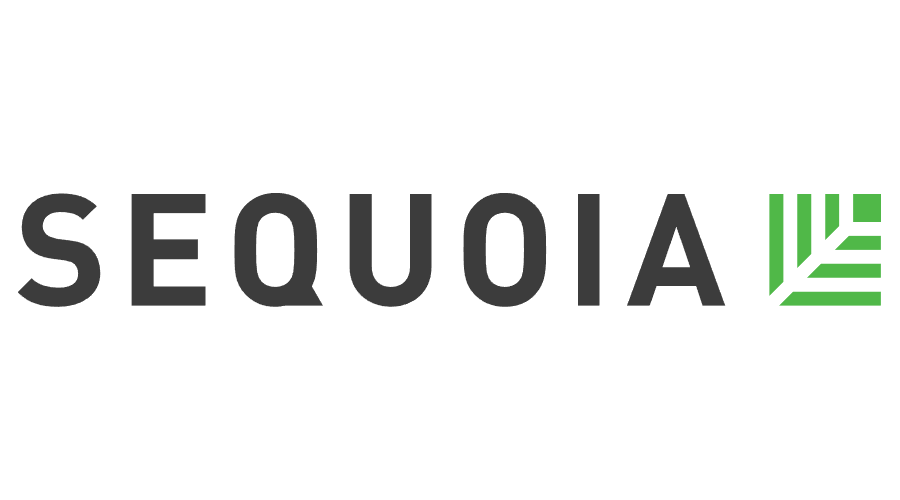The Venture capital o VC is a form of early-stage venture financing that comes from individual investors or investment firms in exchange for partial ownership or equity in a company.
A fund or individual that invests as venture capital does so in companies that they perceive have the potential to grow rapidly and acquire significant market share. "Venture refers to the risky nature of investing in early stage companies - often start-ups - with unproven business models.

Venture Capital is characterised by high risk, but also high returns. On the one hand, Venture Capital has to invest in emerging technologies and products that have a lot of potential to scale, but are not yet profitable - more than 2/3 of Venture Capital funded startups are not successful. At the same time, Venture Capital investments can become very profitable, depending on the success of a startup in its portfolio.
In the past, only professional VC investors had access to Venture Capital investments, but now accredited investors have options to participate in a Venture Capital investment. Even so, VC funds are still largely outside the access of ordinary investors.
Investors in a Venture Capital fund will earn a return when a company in their portfolio goes public or is sold in whole or in part.
Table of Contents
Despite facing high risks, Venture Capital invests large amounts of money in small, unproven businesses in the hope that they will eventually become the next big breakthrough that will revolutionise the market. So what drives a VC to pull out his or her chequebook? For early-stage projects, VCs have to work hard to get inside businesses and opportunities.
We explain here some of the key factors that a VC considers when assessing your potential investment:
The management team is the most important factor that a good investor considers. VCs look for founders with strong problem-solving skills. They look to see if the founder has the flexibility to overcome challenges, adapt to market changes and even turn a product idea on its head if necessary.
VCs are looking for opportunities in a large Total Addressable Market (TAM). The larger the market size, the greater the likelihood of a trade sale, which means that the deal is even more interesting to the investor at the time of exit.
But Venture Capital does not only want to invest in companies located in large TAMs from the start. They also bet on companies that can grow faster over time than their target market.
VC investors expect a business plan to include detailed analysis of market size. Market size should be present from the "top down" and from the "bottom up".
Investors want to invest in products and services with a long-lasting competitive advantage. They are looking for a solution to a real and burning problem that has not been solved before by other companies in the market. They aim to find products or services that customers cannot live without - because they are much better or much cheaper than anything else on the market.
The average Venture Capital-backed startup goes through several rounds of funding in its business life from seed stage to final exit, which roughly coincide with these stages of business development:
In the seed stage, a startup is nothing more than the founder and his or her idea. The purpose of the seed round is for the startup to find out in detail about its product, market and users. Often this funding comes from an angel investor or crowdfunding.
The company has developed a product and a business model to demonstrate to investors that it will generate profit in the long term. The objective of the funding in this round is to optimise the user base and scale the distribution of the product or service.
A Series A round ranges from $2M to $15M, with an average of $3M-$7M. This is the stage where Venture Capital typically steps in to lead the round. While an angel investor can be a co-investor, they do not have the power to determine the price or have an impact on this round. It is the stage at which companies have their greatest growth.
The company has ideally stabilised in a core market and is looking to scale quickly. It will use the money raised to increase sales and marketing efforts, expand geographically or even acquire smaller companies.
The size of a Series B round can reach tens of millions of dollars. They are led by the same investors as those in Series A, and some entering at more advanced stages, such as an IVP, are starting to appear.
When a startup reaches a Series C, it often prepares for M&A opportunities or an IPO. The money raised in this round will continue to fund the expansion efforts of the Series B stage, including geographic expansion (also international), company acquisitions and new product development.
A Series C can range from tens of millions to hundreds of millions. A growth-stage VC may invest in this round, but investors such as venture capitalists, hedge funds, investment banks or secondary market corporations also participate.
This stage represents the transition to a listed company. The capital from this round is used to lower prices, remove competitors, and create favourable conditions for an IPO. The Venture Capital fund can exit the company at this stage, sell its shares and earn a very good return on its investment in the company. The exit of a VC allows other investors to enter, who expect to gain from the IPO.
The most common way for a VC to sell its stake is through a private sell to a private equity or a strategic buyer. Acquisitions can be highly profitable, but the founders often lose control over the company. However, the ideal exit scenario is through an IPO, because the founders retain control of the company while the shareholders enjoy high returns.
A Venture Capital provides funding to fast-growing startups in exchange for equity. It also eliminates debt repayment and provides founders with advice and guidance. These are just some of the advantages and disadvantages to consider:
Many of these disadvantages can be mitigated with the help of an experienced advisor in M&A. With his support will increase the guarantee of successful capital raising, reduce the founder's time commitment to the process, obtain better terms, and reduce conflicts during negotiations with the VC.
Founders use Venture Capital funds to scale their business. When the founder does not have a lot of experience in scaling companies or needs specific advice and contacts in a new sector to scale profits, a VC can provide a lot of help. Also, if the startup needs several rounds of funding of several to many millions to grow or is in a growing untapped market, Venture Capital can be a good source of funding.
Sequoia Capital Sequoia Capital is a VC firm that invests in startups in the energy, financial, enterprise, healthcare, internet and mobile sectors. The firm has offices in the US, China, India and Israel. Sequoia has founded companies by lending capital to those who started them. Some of the companies that grew thanks to this capital are: Cisco Systems, Oracle, Oracle, Apple, YouTube, Yahoo and Google.

Global Founders Capital (GFC), based in Munich, Germany, is a globally oriented, stage-agnostic VC fund that empowers talented entrepreneurs. The firm seeks to invest in companies operating in the internet, retail, financial software, media and IT sectors.
Unicorns in portfolio: HomeAway, Traveloka, CultureAmp, Revolut, GrubMarket, Personio, Away, Forto, Canva, Next Insurance, Meero, Ankorstore, TaxBit, Nium, Pacaso, Razor, Clara
Exited unicorns Hello Fresh, Skyscanner, Trivago, Trivago, Zalando, Meta (formerly facebook), Slack, ventbrite, Tink, Rocket Internet

K Fund is an early-stage VC firm that, with an entrepreneur-centric philosophy, aims to drive the evolution of the Spanish startup ecosystem. It was founded in 2016 by Iñaki Arolla, Carina Szpilka and Ian Noel and is based in Madrid. K Fund's most notable exits include Billin, Frontity and Lucera.
